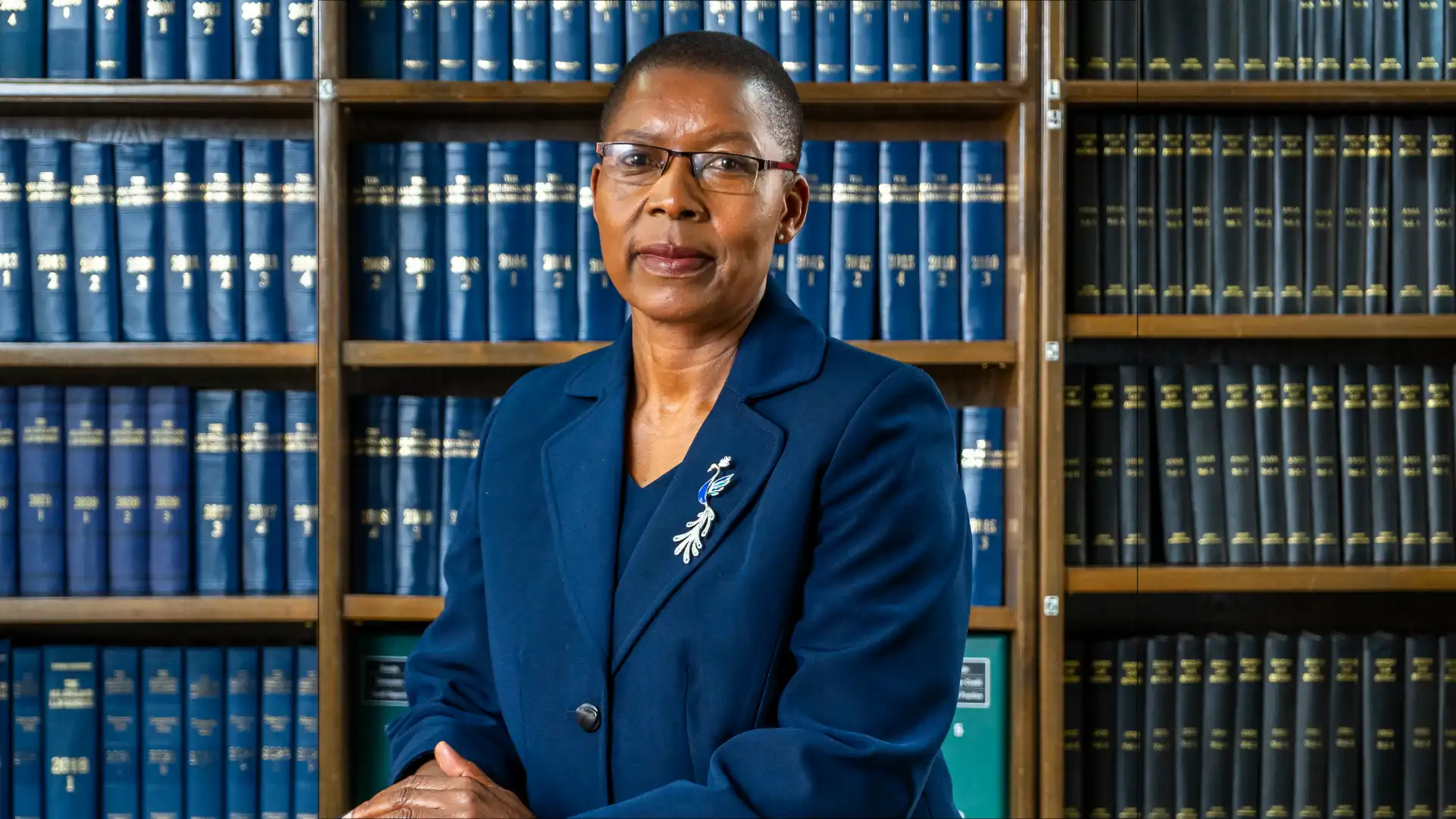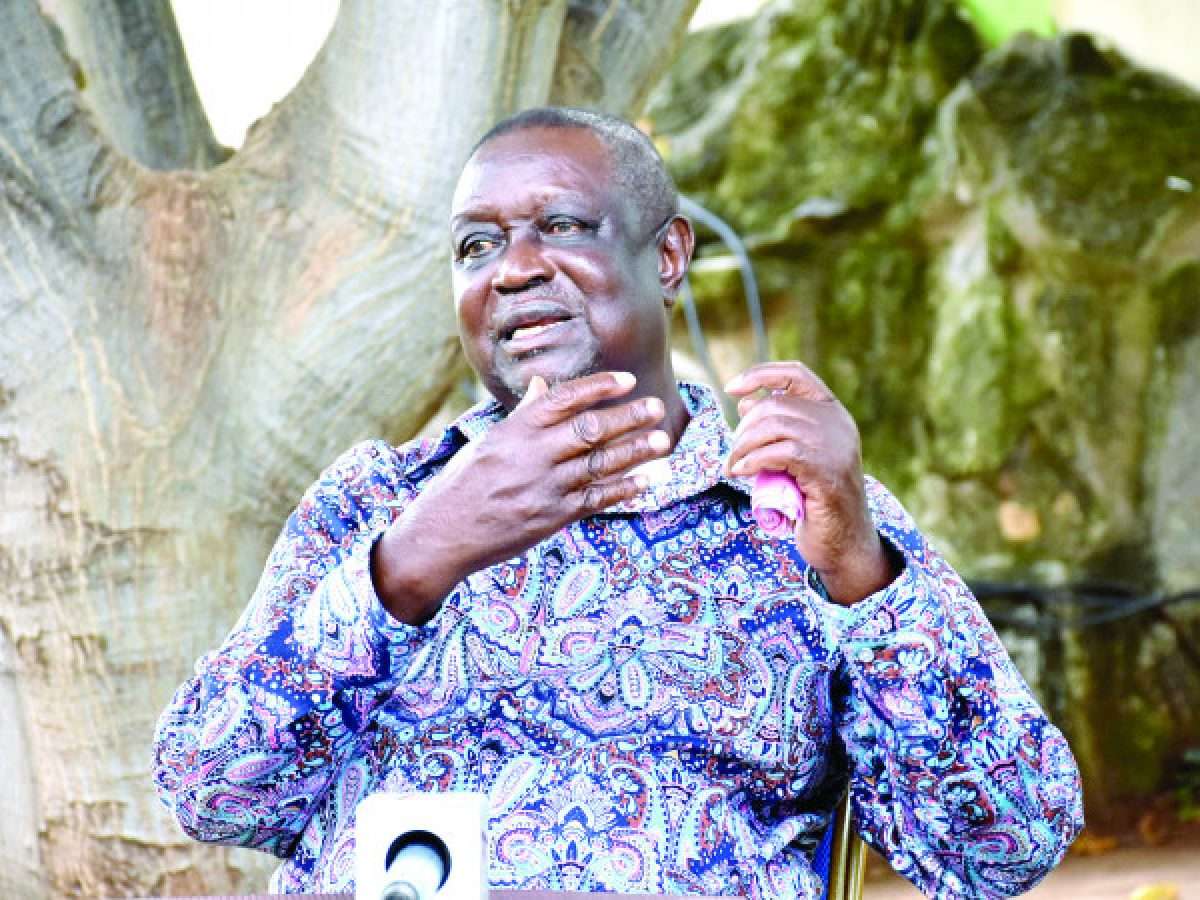The delay has left counties struggling to implement critical services. Despite the constitutional requirement for the national government to transfer power and resources, the central government continues to hold onto major functions, undermining the very essence of devolution. For instance, in the health sector, the national government still insists on co-managing community health services, rather than giving counties full autonomy. Similarly, agricultural extension services, once a county function, remain under national control, with the government even taking charge of fertilizer distribution
In a stunning revelation, Attorney General Dorcas Oduor is facing mounting backlash for failing to gazette over 500 crucial functions that were meant to be transferred from the national government to county governments—sparking a firestorm of accusations and demands for accountability.
The controversial delay, which has lasted nearly a year, is seen as a major roadblock to the full implementation of Kenya’s devolution agenda, a process that was supposed to empower counties to take control of key functions such as health, agriculture, and trade. This transfer, stipulated in the Fourth Schedule of the Constitution, would have enabled Parliament to pass the necessary bills to smoothen the transition, but the clock has been ticking with no action from the Attorney General’s office.
The Intergovernmental Relations Technical Committee (IGRTC), tasked with overseeing the transfer of these functions, submitted its proposal for gazettement to the AG’s office nearly a year ago. However, despite months of delay, the functions remain in limbo.
Civil society organizations, under the Kenya Devolution Civil Society Organisations Working Group (KDCSOWG), are now raising alarm, claiming that President William Ruto has failed to honour his repeated promises to fast-track the transfer of devolved functions. The President had initially promised in 2022 that the transfer would be completed within 90 days, but that timeline was repeatedly pushed back—first to 60 days in December 2023 and now, with no clarity, to February 2024.
Diana Gichengo, Executive Director of The Institute for Social Accountability (TISA), voiced her frustration: “Why won’t they act on it? Why was the November gazette notice rescinded by another one? We have a committee in place. Why aren’t they doing their job? Devolution is not politics, it’s about empowering people on the ground.”
In a particularly egregious move, the gazette notice published in November 2023 was mysteriously recalled just days later, with no explanation. The KDCSOWG claims this only added to the confusion, as the national government continues to hoard functions that should have been transferred to counties years ago.
The delay has left counties struggling to implement critical services. Despite the constitutional requirement for the national government to transfer power and resources, the central government continues to hold onto major functions, undermining the very essence of devolution. For instance, in the health sector, the national government still insists on co-managing community health services, rather than giving counties full autonomy. Similarly, agricultural extension services, once a county function, remain under national control, with the government even taking charge of fertilizer distribution.
Evan Kibet, convener of KDCSOWG, emphasized the severe implications of these delays: “Devolution will remain dysfunctional as long as the national government continues to withhold critical functions. Money must follow functions. Right now, the counties are starved for funds, with the national government hoarding a staggering Sh270 billion of shareable revenue that should be allocated to them.”
The effects of this dysfunction are being felt across the country. The promise of medical tourism, where counties could specialize in particular health services, remains a distant dream. Health services in many areas are deteriorating, with millions of Kenyans at risk of preventable diseases and inadequate healthcare access.
But health is not the only sector suffering. Infrastructure across counties has fallen into disrepair, and key services like water management, forestry, and urban roads have been left in a state of paralysis. Regional Development Authorities and Kenya Forest Services, once transferred to counties, remain under the control of the national government, while critical funds meant to improve local infrastructure are being withheld.
The Kenya Human Rights Commission (KHRC) is now calling for immediate action, urging the government to stop stalling and deliver on its constitutional promise. “The delay in gazetting these functions is not just bureaucratic negligence. It is a deliberate attempt to keep control centralized in Nairobi at the expense of Kenyans who deserve better services at the county level,” said Cornelius Oduor, Deputy Executive Director of the KHRC.
As the countdown continues, there are growing concerns that President Ruto’s government may not meet its deadlines.





